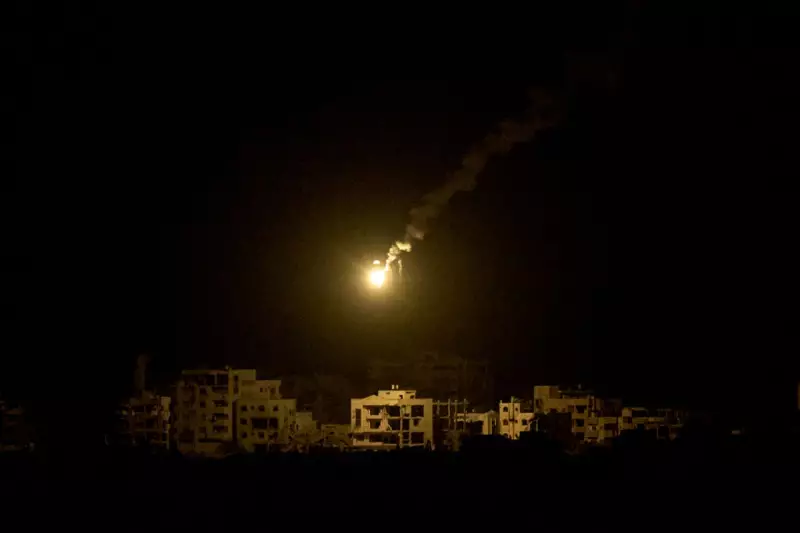
Qatar has launched a stunning diplomatic broadside against prominent US Republican Senator Marco Rubio, accusing him of actively undermining delicate mediation efforts to secure a ceasefire and the release of hostages in Gaza.
The fierce reprimand from the Qatari embassy in Washington DC marks a significant escalation in tensions, highlighting the immense political pressure surrounding negotiations between Israel and Hamas.
The Spark: Rubio's Controversial Comments
The diplomatic firestorm was ignited by Senator Rubio's public criticism of Qatar's role as a mediator. In his statements, the senator questioned the Gulf nation's reliability and intentions in the ongoing talks.
Qatar's response was swift and unflinching. A spokesperson for the Qatari embassy stated that such irresponsible rhetoric was not only detrimental but also dangerously inflammatory. They argued that it served to derail progress and heighten regional tensions at a critical juncture.
Qatar's Defence: A Mediator Under Fire
In its defence, Qatar emphasised its longstanding and neutral role as a key intermediary in the conflict. The nation has been instrumental in facilitating talks and was a central architect of the only week-long pause in fighting back in November, which saw numerous hostages released.
The embassy's statement portrayed Rubio's comments as an attack on a honest broker working tirelessly behind the scenes to achieve peace and save lives, despite the immense complexity of the situation.
The Wider Impact on US-Qatar Relations and Diplomacy
This public spat throws a spotlight on the fragile nature of international diplomacy in the Gaza conflict. Qatar, which hosts a major US military base, is traditionally a Washington ally. This open criticism from a high-ranking US politician and the sharp rebuttal signals a potential strain in that relationship.
Analysts suggest that such public disputes risk poisoning the well of negotiation, making compromise more difficult and potentially prolonging the conflict. The incident underscores the challenge of managing sensitive peace talks amidst the turbulent landscape of US domestic politics.





